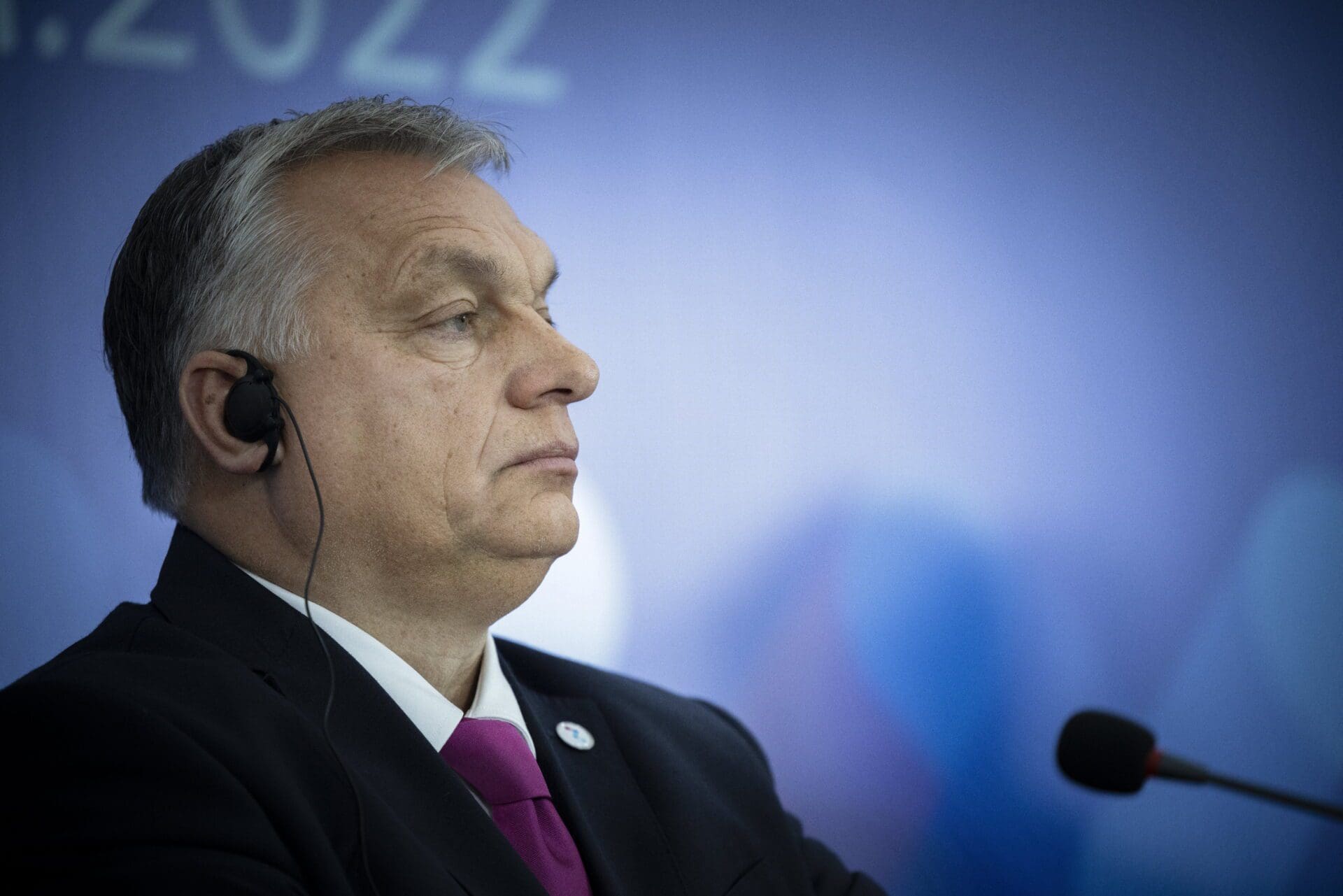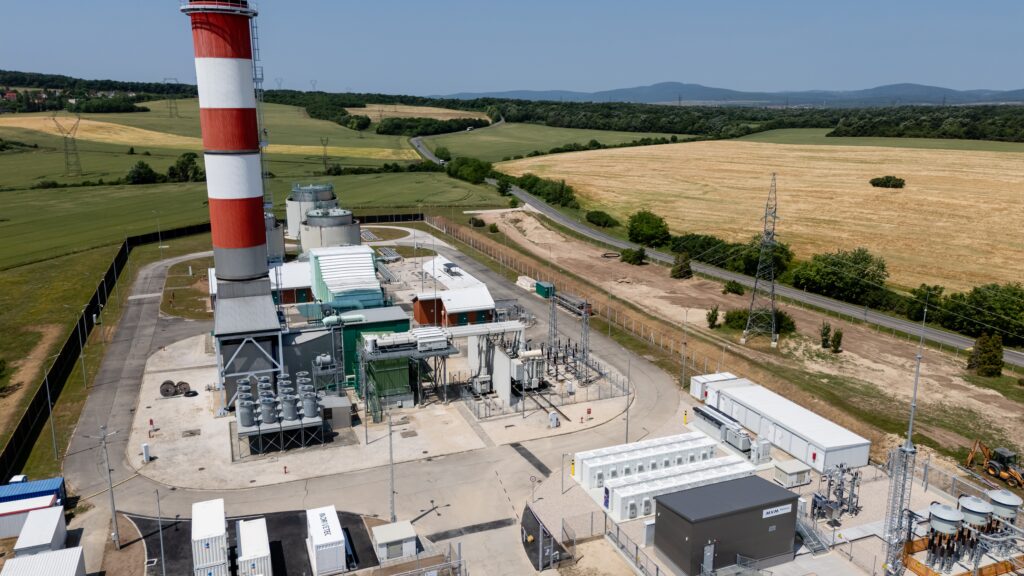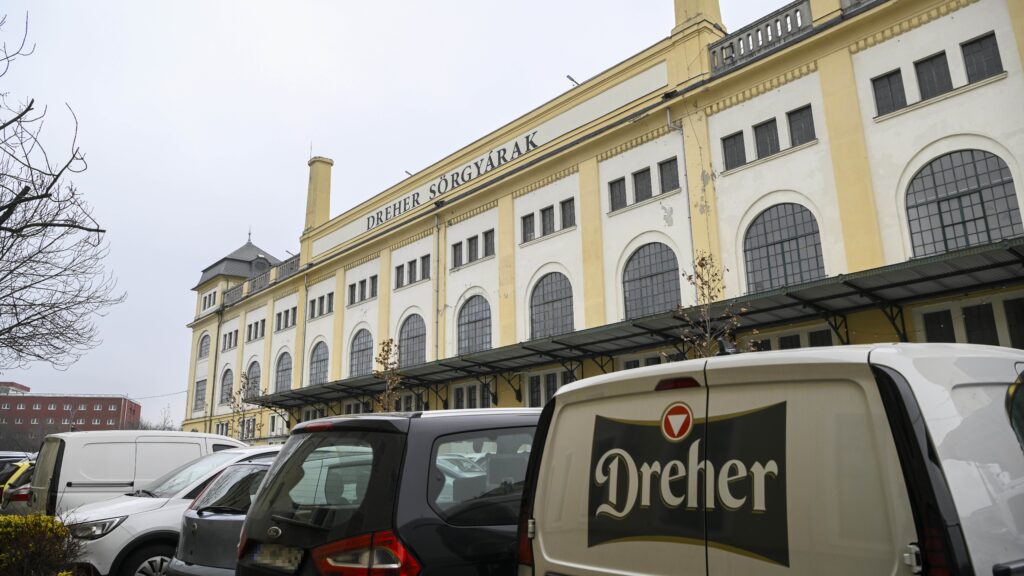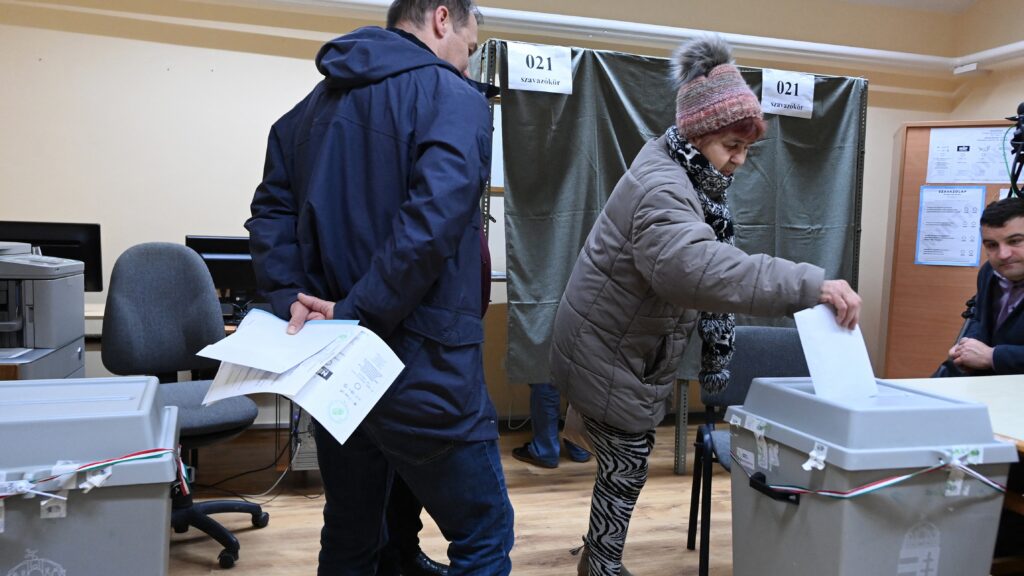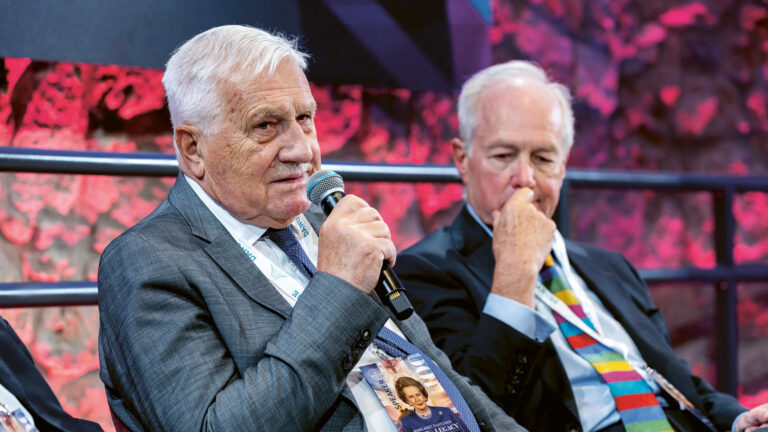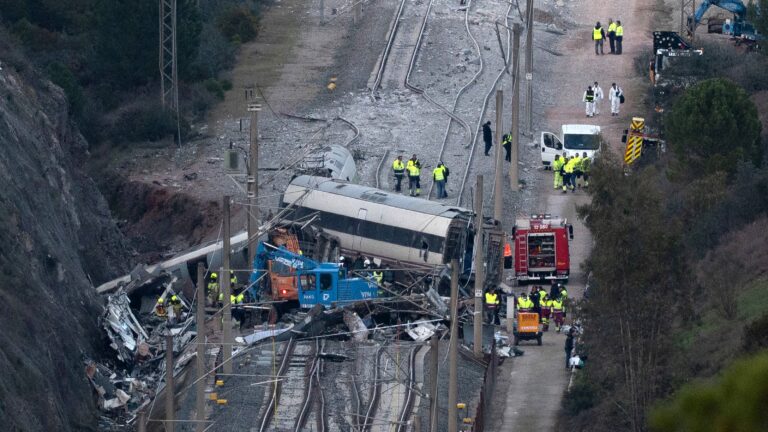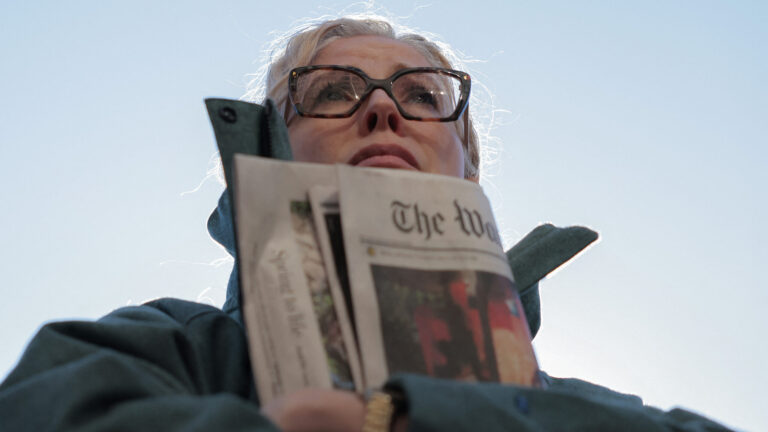Hungarian Prime Minister Viktor Orbán, in radio interview last week stated that the West is ‘very close’ to seriously discussing the possibility of sending troops to Ukraine, which could trigger a third world war:
‘Germany had started by sending helmets and is now sending tanks to Kyiv…The world has never been so close to turning a local war into a world war.’ He also accused Western leaders of having ‘war fever’, as they continue to send ‘more and more lethal weapons’ to Ukraine.
This is not the first time Orbán has made a statement that implicated the West in wrongdoing. It is also not the first time that such an accusation is not unfounded. Indeed, as explained in a couple of previous articles titled ‘Eisenhower’s Warning Against Militarism: A Lesson to be Learned’ and ‘Is There a True Desire to End the War in Ukraine?’, we discussed how ‘opportune’ the war in Ukraine has become for the Deep State and high rollers.
In 2001, just months before the 9-11 attacks, former US Secretary of State and National Security Adviser Henry Kissinger published a book titled Does America Need a Foreign Policy? – Toward a Diplomacy for the 21st Century. Written after the Iron Curtain had officially fallen, Kissinger hinted that if the United States were not involved in the policing of international crises, then it would lose its effectiveness as a super-power.
In other words, US interests are equivocal to its self-preservation
and thereby would be challenged if it did not find itself coordinating the affairs of the international community, which is exactly what the Biden administration and Western allies are doing in Ukraine.
Regrettably, the US-led West’s ‘war fever’ Orbán spoke about has profound roots. A clear example of this was what led to the First World War.
‘War Fever’ and the Deep State: A Case in Point
When US President Woodrow Wilson spoke the famous words ‘The world must be made safe for democracy’ in 1917, America entered the European war, consequently making it a World War. Naturally, American troops say it as a duty to help defend the freedom of others. Yet based on documents and evidence produced by the Special Committee on Investigation of the Munitions Industry chaired by US Senator Gerald Nye between 1934-1936, it became apparent that the intentions for US entry into the European conflict was other than making the world safe for democracy.
The Nye hearings disclosed that bankers, financiers, and producers had a strict agreement with the British—illicit on the basis of neutrality, which was the official policy of the President Wilson between 1915 and 1917, before the US got involved in the First World War.
US credit institutions had achieved deals with Great Britain and its allied parties, which amounted to the exuberant loan of 2.3 billion USD. One such creditor was ‘J. P. Morgan & Co. [which] in violation of U.S. neutrality, became the banker to Britain and France at the outset of the war in Europe and, through its influence on Woodrow Wilson’s administration, was able to manipulate the media accounts of events to create a war fever in an unknown American populace that had been deeply skeptical of the need to go to war.’[1]
The firm’s involvement with British and French interests sparked accusations that the bank was plotting to manipulate the United States government into supporting the European Allies, England and France in particular in order to rescue its loans. By 1915, when it became obvious that the war was going to continue for some time, J. P. Morgan & Co. decided to establish formal relationships with the French.[2] After relations were tainted with France, ‘from 1915 until sometime after the United States entered the war, his firm was the official purchasing agent for the British government, buying cotton, steel, chemicals and food, receiving a 1% commission on all purchases’.[3] J. P. Morgan organised a committee of nearly 2,200 banks in order to provide $500 million in loans to the Allies. The British were coerced to sell off their holdings of American securities towards the end of 1916. This made them dependent on unsecured loans for further purchases.[4]
According to Liaquat Ahamed, former chief investor of the World Bank, ‘the United States spent 20 billion dollars on its own actual expenditures and another 10 billion dollars in the form of loans to keep other countries going.’[5] Therefore, British victory became a must in order to safeguard its patrimonial value in light of the risks the elite faced. In other words, the financial and banking interest underlaid the American entrance in the European war. The same can be said for its involvement in the Middle East and Ukraine.
[1] F. William Engdahl, Gods of Money: Wall Street and the Death of the American Century. Wioesbaden, edition.engdahl, 2009, 4.
[2] Cfr. R. A. Dayer, Strange Bedfellows: J. P. Morgan & Co., Whitehall and the Wilson Administration During World War I from original Business History, Vol. 18, Issue 2, 1976, 127-151 (http://www.tandfonline.com/doi/abs/10.1080/00076797600000014), accessed 10 March 2023.
[3] J. P. Morgan, Jr., in https://en.wikipedia.org/wiki/J._P._Morgan,_Jr, accessed 10 September 2023. Citation from Morgan, John Pierpont, in Encyclopædia Britannica (12th ed.). London & New York.
[4] K. Burk, “The Diplomacy of Finance: British Financial Missions to the United States, 1914–1918”, Historical Journal, Vol. 22, June 1979, 351-372, (http://www.jstor.org/stable/2638863), accessed 10 March 2023.
[5] Liaquat Ahamed, Lords of Finance: The Bankers Who Broke the World. New York, Penguin Books, 2009, 94.

